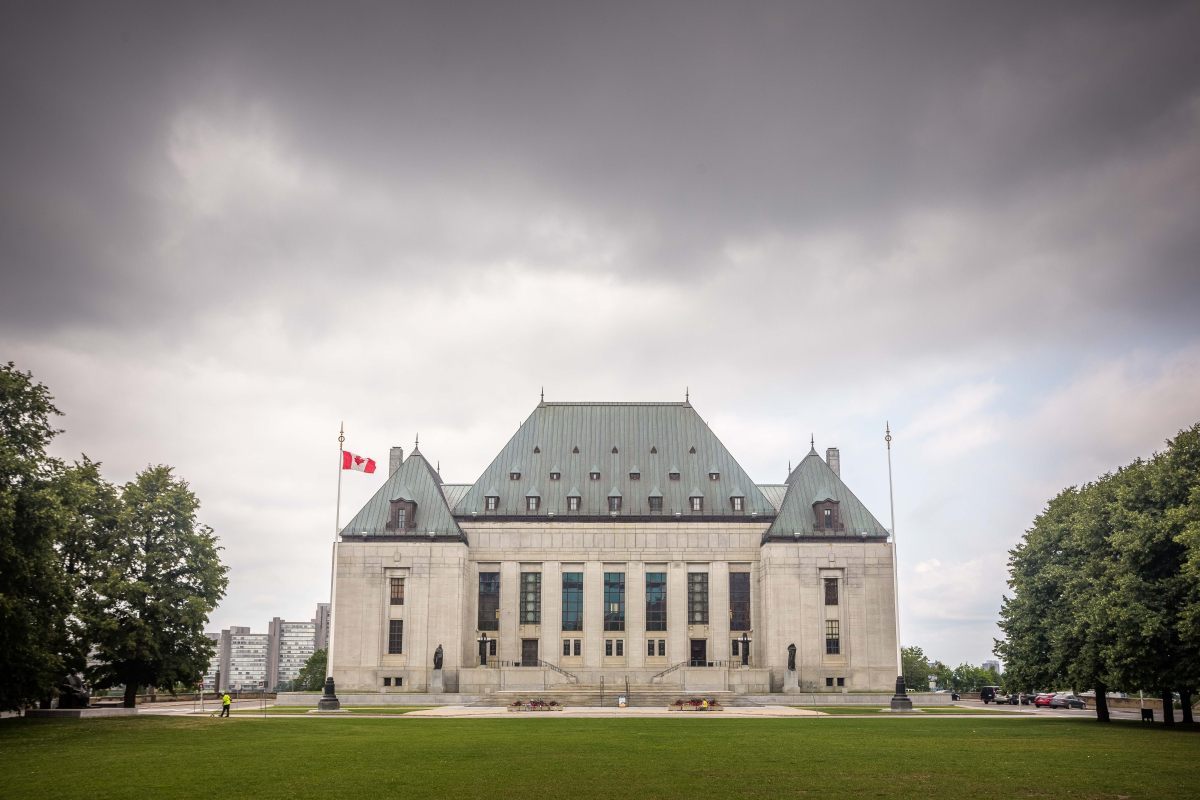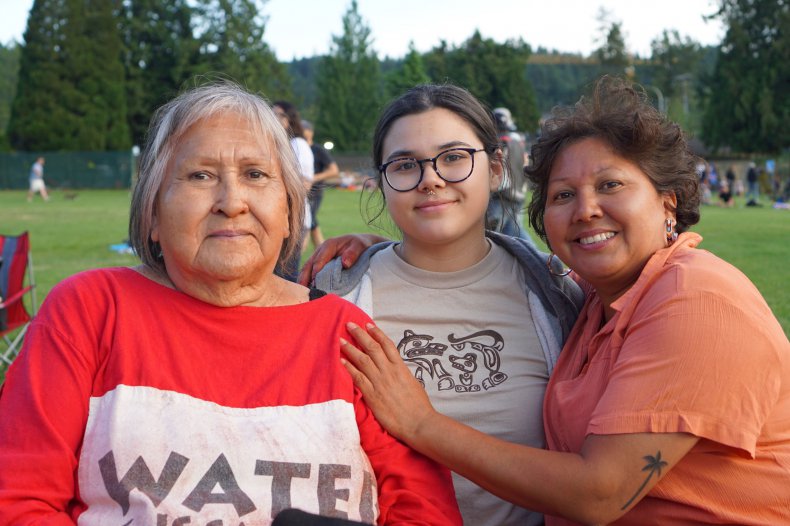Support strong Canadian climate journalism for 2025
A British Columbia First Nation and three environmental groups hope to appeal a Federal Court of Appeal decision that limited their ability to challenge the Trans Mountain pipeline expansion in court.
The Tsleil-Waututh Nation, Ecojustice, Raincoast Conservation Foundation and Living Oceans Society announced Tuesday they are seeking leave to appeal to the Supreme Court of Canada.
The Federal Court of Appeal decided in September that it would allow six First Nations, including the Tsleil-Waututh, to challenge the pipeline project but ruled arguments could only focus on the latest round of Indigenous consultation.
The Tsleil-Waututh says the court is wrong not to consider its arguments that Canada failed to justify infringement of its Aboriginal rights and title or obtain its consent for the B.C.-to-Alberta pipeline expansion.
The Federal Court refused to hear any of the environmental groups' arguments, which urged the court to consider the project's risk of a "catastrophic" oil spill and threats to endangered southern resident killer whales.
The Supreme Court does not automatically hear appeals and instead issues a written decision, usually within one to three months, on whether it will consider a case.
Chief Leah Sisi-ya-ama George-Wilson says in a news release the Tsleil-Waututh are confident in their case.
"This appeal is about making sure that the government follows (its) own constitution and statutes when making decisions that impact us all," she says.
The Canadian government purchased the existing pipeline and infrastructure for $4.5 billion and construction on the expansion project resumed this summer.
This report by The Canadian Press was first published Nov. 5, 2019.





Comments